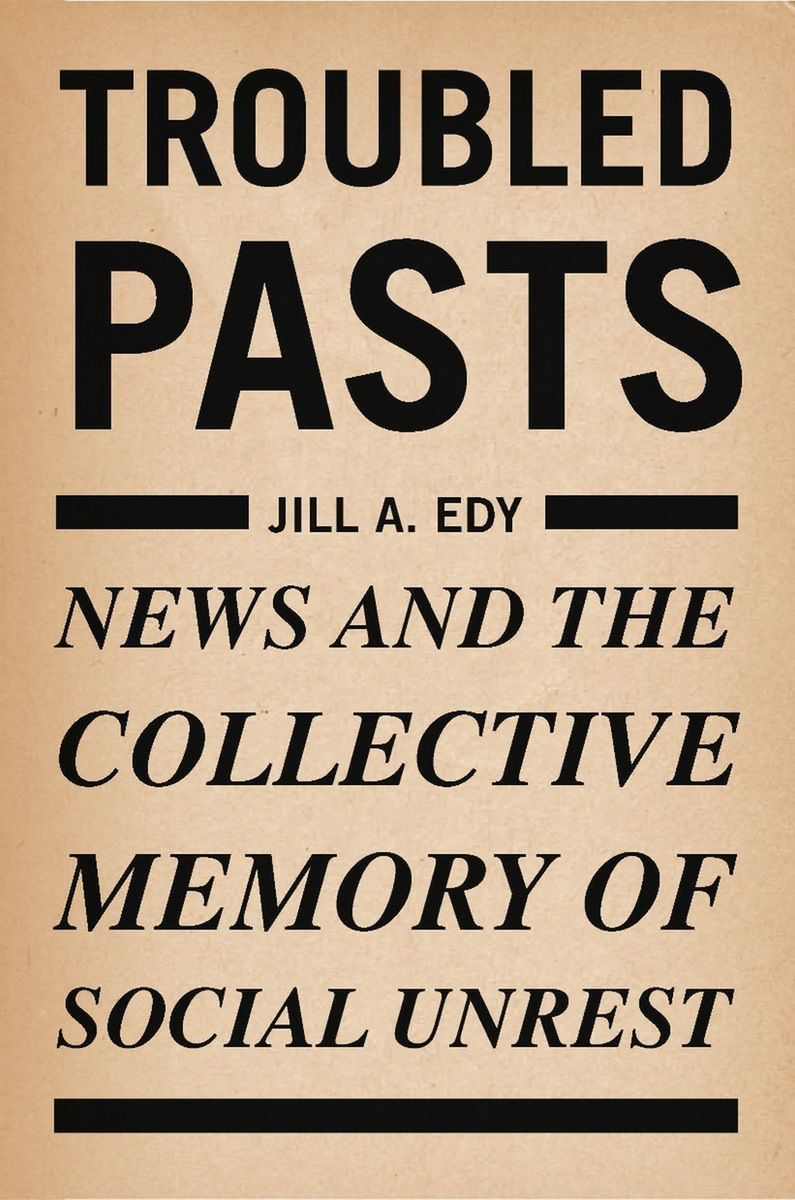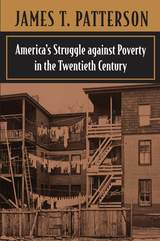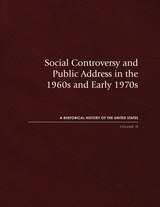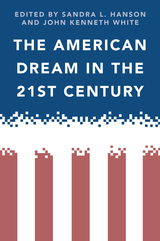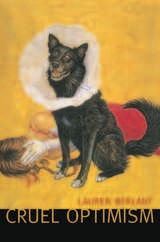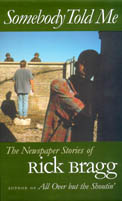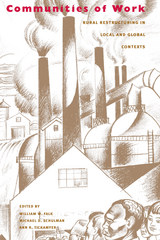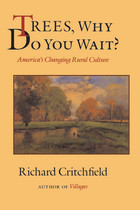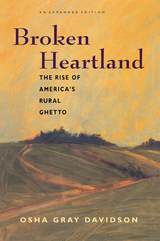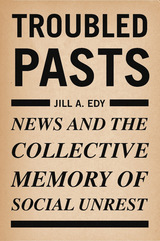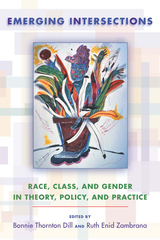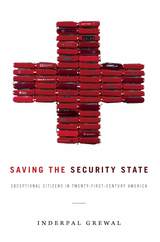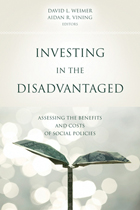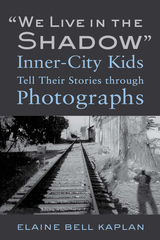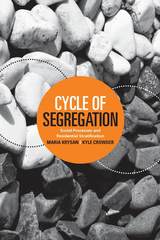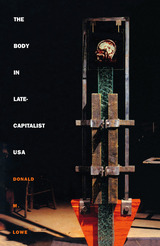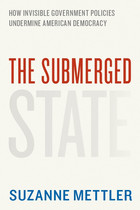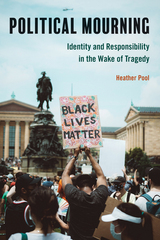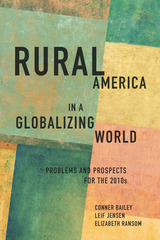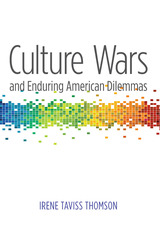Troubled Pasts: News and the Collective Memory of Social Unrest
Temple University Press, 2006
Paper: 978-1-59213-497-7 | Cloth: 978-1-59213-496-0 | eISBN: 978-1-59213-498-4
Library of Congress Classification HN59.2.E28 2006
Dewey Decimal Classification 361.10973
Paper: 978-1-59213-497-7 | Cloth: 978-1-59213-496-0 | eISBN: 978-1-59213-498-4
Library of Congress Classification HN59.2.E28 2006
Dewey Decimal Classification 361.10973
ABOUT THIS BOOK | AUTHOR BIOGRAPHY | REVIEWS | TOC | REQUEST ACCESSIBLE FILE
ABOUT THIS BOOK
A nation's collective memory does not simply exist. It is created. But what factors influence its form and content? And what roles do the news media play in fashioning our collective memory? Here Jill A. Edy observes the process of negotiating a meaning for the past as it unfolds in the news, exploring the ways that news practices, the relationships between actors who make the news, the expectations of news audiences, and the impact of current events affect the development of collective memories in a mass society.Using the 1965 Watts riots and the 1968 Democratic Convention in Chicago as case studies, Edy creates a useful framework for understanding how, over time, conflicting versions of events are resolved, what forms the resolutions take, and how those resolutions influence the representation of current news stories. Anyone who is interested in political communication and the role of media in public culture will find a wealth of insights in this valuable new book.
See other books on: Los Angeles | News | Riots | Social movements | Social problems
See other titles from Temple University Press
